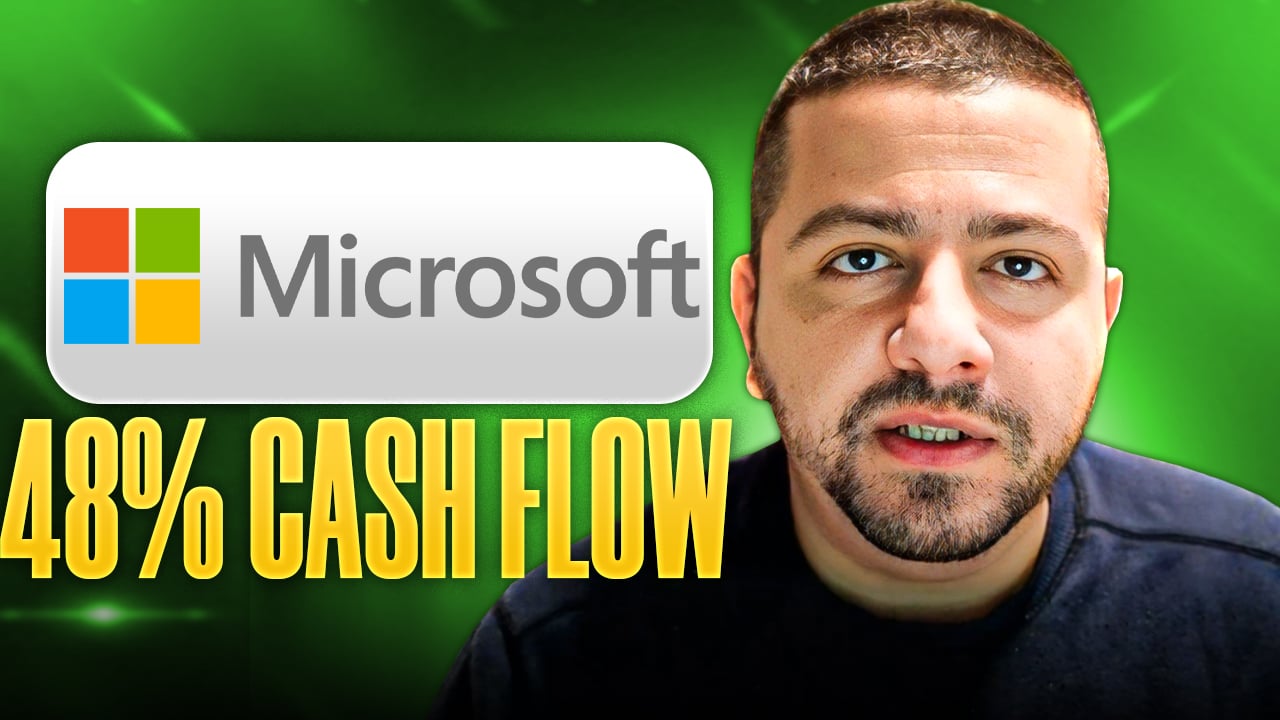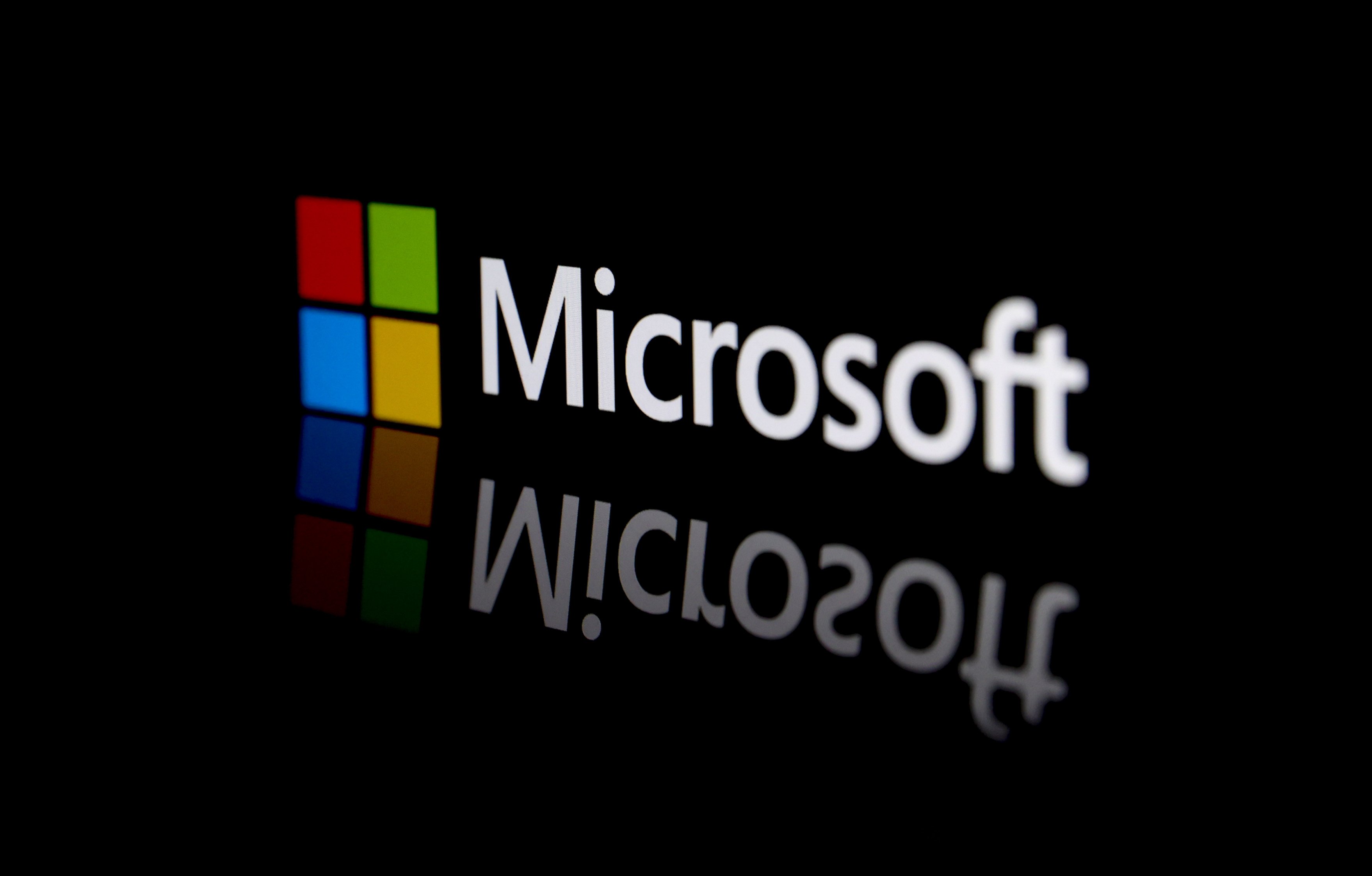Sony's (SNE +0.15%) PlayStation 4 has taken investors through an explosive launch. The first chapter of Sony's latest gaming console has been anything but a tutorial, as the PlayStation 4 has outsold Microsoft's (MSFT 1.04%) rival Xbox One console by a whopping 4.2 million to 3 million through the end of December. In the opening leg of this fierce race for next-generation dominance, that's a point in Sony's corner.
Even better for Sony investors, the company's hardly content to sit on its laurels after beating Microsoft out of the gate. Enter the company's new game streaming service, PlayStation Now, unveiled Tuesday at the Consumer Electronics Show in Las Vegas. But just what is Sony's latest weapon in the war for the living room, and will it give the company another major leg up on Microsoft?
Sony introduces innovation
Back up to summer 2012, when Sony announced its acquisition of game streaming service Gaikai for $380 million. It was a forward-looking buy destined for the next generation of consoles, and Sony is bringing Gaikai into the light on the PS4 with PlayStation Now. Sony's also looking to support PS3 games (and possibly games from older consoles such as the PS2 down the road) on Gaikai for users to play across a variety of devices via the cloud.
That last part is important, because Sony's not limiting its exposure to PlayStation consoles. The company aims to stream games not just to its own products, but even on tablets, televisions, and smartphones outside of the Sony family.
That opens up a huge market of potential gamers to PlayStation games, even if they don't own a console itself, as well as taking advantage of the ongoing mobile revolution. While Sony hasn't revealed many details about the intricacies of PlayStation Now just yet, it's an impressive move in an innovative direction for the company -- particularly after Microsoft took a public beating over some of its more innovative ideas for the Xbox One when it announced the console last year.
Microsoft may have backed off of some of those ideas, and so far it's Sony and PlayStation in the lead. But how will this translate over to leadership in the video game market going forward?
Can Microsoft keep up?
While PlayStation Now aims to bring Sony games to a wider audience, it's hard to say if that will drastically improve console sales going forward. The PS4's $100 cheaper price tag and one-week earlier launch no doubt have helped Sony's advantage over Microsoft, but analysts are bullish on the console's leadership over time. Wedbush Securities analyst Michael Pachter projected back in November that the PS4 could sell between 100 million and 120 million total consoles over its lifetime, exceeding the 90 million-110 million units he projected for the Xbox One.
Regardless of whether PlayStation Now pushes possible lifetime sales higher or lower, one thing's clear: Sony now has a much easier route to capturing casual gamers unfamiliar with consoles -- a highly coveted market, as evidenced by the rise of mobile and social gaming. It's uncertain how Sony will establish a pricing model for PlayStation Now, but with either a subscription or a game-by-game purchase model, investors should be optimistic about Sony's chances to earn significant sales. Wedbush's Pachter in particular highlighted the potential of the casual gaming market in November, noting that the ability to play games over a number of devices -- not just consoles -- would expand the video game market exponentially. Chalk up a win for Sony.
As for Microsoft? Don't count Sony's top rival out of gaming's streaming push just yet. While Microsoft admitted in November that its probing of backward compatibility of the Xbox One to stream Xbox 360 games via the cloud had been "problematic," the tech giant has told various media outlets recently that it's figuring out how to implement cloud streaming solutions for the Xbox One. Don't be surprised if Microsoft follows in Sony's footsteps with a streaming plan of its own sometime in the near future. This could be particularly the case as Microsoft looks to make the Xbox One an important piece of its push to conquer the consumer tech space, along with its forays into the Windows Phone (notably with its acquisition of Nokia's device business) and tablets.
The real loser in this fight is struggling Nintendo (NTDOY 0.21%). Nintendo's Wii U hasn't caught up to expectations in the new generation of consoles: Through the end of September, Nintendo's newest console had sold only slightly more than 3.9 million units worldwide. Nintendo's sales targets already look sunk, and with Sony introducing a major new innovation to attract customers, it's not looking good at all that Nintendo and the Wii U will make a turnaround in the global console competition.
Sony has the looks of a leader
While Sony doesn't expect PlayStation Now to launch officially until later this year, the first look at the company's newest means of attracting gamers to its ranks is an impressive one. If Sony can take advantage of the 70 million Internet-capable devices it boasts in the United States and capture a sizable new market of customers, it'll cement a huge advantage over Microsoft in the early goings of the next-generation gaming war. Don't count Microsoft out just yet -- and keep an eye on how PlayStation Now proceeds through 2014 -- but for now, Sony's looking strong for investors and gamers alike.






